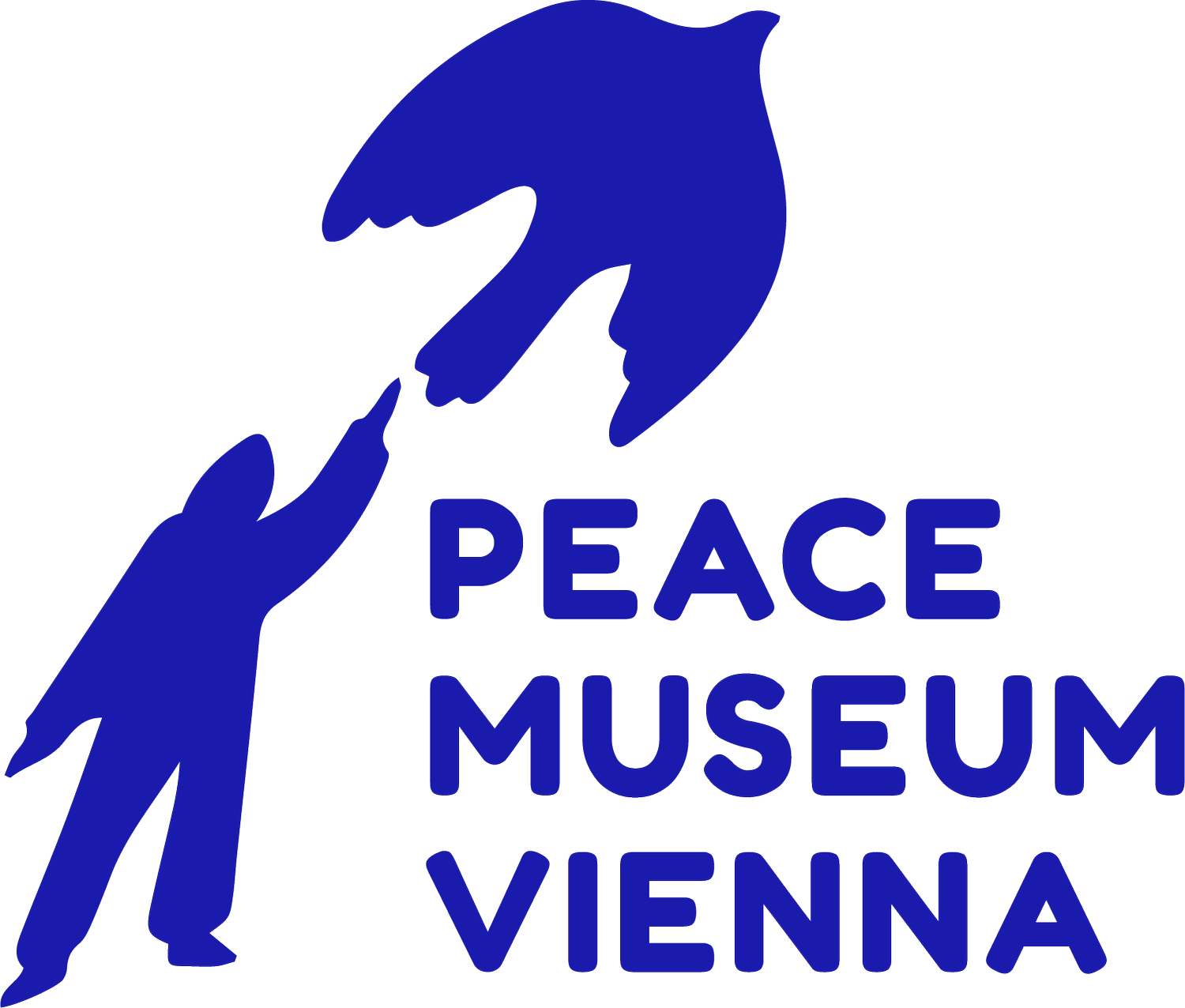Bridget Carter
“The extremists are afraid of books and pens. The power of education frightens them. They are afraid of women . . . let us pick up our books and pens. They are our most powerful weapons.”
Malala Yousafzai
Malala Yousafzai is a Pakistani education advocate who, at the age of 17, became the youngest person to win the Nobel Peace Prize after surviving an assassination attempt by the Taliban. Born on 12 July 1997, Yousafzai became an advocate for girls' education when she herself was still a child, which resulted in the Taliban issuing a death threat against her. On 9 October 2012, a gunman shot Malala when she was traveling home from school. She survived and has continued to speak out on the importance of education. Nine months after being shot by the Taliban, Malala Yousafzai gave a speech at the United Nations on her 16th birthday in 2013. Yousafzai highlighted her focus on education and women's rights, urging world leaders to change their policies. Yousafzai said that following the attack, “the terrorists thought that they would change our aims and stop our ambitions, but nothing changed in my life except this: weakness, fear and hopelessness died. Strength, power and courage were born.” She also urged action against illiteracy, poverty and terrorism: “The extremists are afraid of books and pens. The power of education frightens them. They are afraid of women . . . let us pick up our books and pens. They are our most powerful weapons.” At Malala Yousafzai’s 2013 speech at the United Nations, Secretary-General Ban Ki-moon pronounced July 12th – Yousafzai's birthday – 'Malala Day' in honor of the young leader’s activism to ensure education for all children. In 2014, she won the Nobel Peace Prize. For her 18th birthday, in July 2015, the young activist continued to take action on global education by opening a school for Syrian refugee girls in Lebanon. Its expenses covered by the Malala Fund, the school was designed to admit nearly 200 girls from the ages of 14 to 18.

